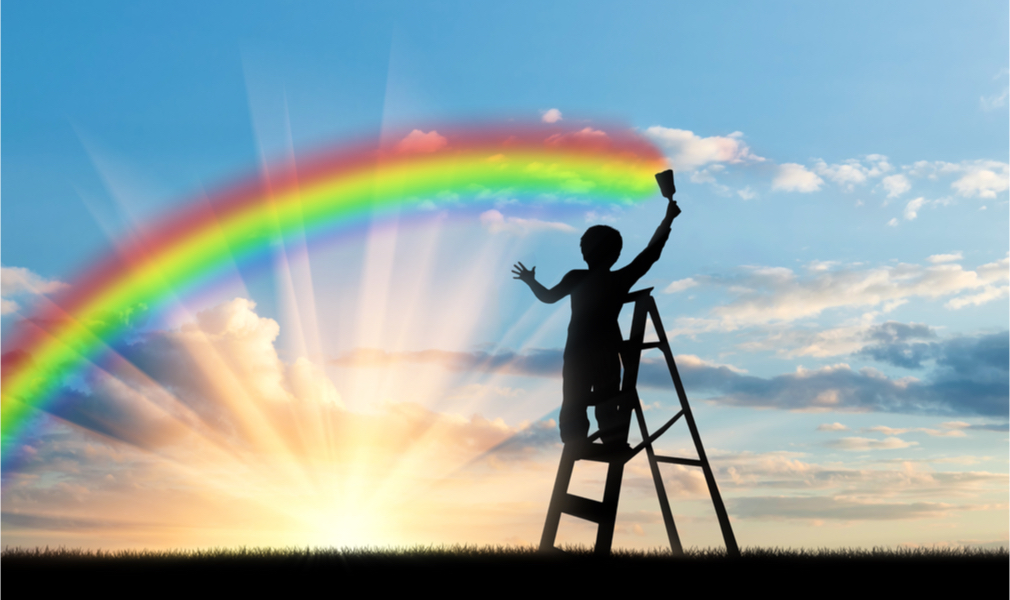Everyone has now experienced the truth of the past COVID-19, and most likely our future, as the virus has brought about an unexpected opportunity to renew our earth and bring a new order to it. Make use of the Eco Natural tips to save
While air pollution has intensified the pandemic, with cleaner skies, many families are temporarily breathing cleaner air. Fish have reappeared in urban canals. And a recent report by the International Energy Agency estimates that greenhouse gas emissions will likely drop by an unprecedented 8% this year. This pandemic presents an important opportunity to not only pursue a green economic recovery, but also to rethink of ways we want our families to live.
After the initial weeks of being in survival mode, we’ve inherently understood how lucky some of us are. Facebook groups have changed from tracing the pandemic to asking and caring about each other’s welfare. We’re conducting donation drives, virtually. Graduating, virtually. Keeping our local businesses in business, by shopping sustainably and safely. This is how we are meant to be: responsive to the need of the hour – collaborative, empathetic – while doing whatever it takes to survive.
So what if we reimagined a new normal – a new way of life – with our kids, built on these values? A future that respects our planet and its boundaries, nurtures nature, and shifts our thinking from “we’re sacrificing” to “investing in.” After all, it is our children’s future we’re playing with. What if we could build a future that’s full of life, joy and connectedness?
Yes, we actually can. And it begins by asking the right questions. This reimagining of the “new normal” also presents the single greatest opportunity to teach our children HOW to think in a more holistic and systematic way.
Asking questions, after all, is a powerful skill and one that doesn’t come easily. No wonder journalists study the art of asking questions. For instance, how do you ask open-ended questions that invite curiosity, not fear about the future? How do you ask questions that continue to connect the dots between our health and our planet’s? And how do we bridge the gap from wanting to build a world that has cleaner air, cleaner water, and is more equitable for all people, to actually making it happen?
Here’s a list of questions that we’ve been discussing with our nine year-old son at home. This list is not meant to be comprehensive or prescriptive. My hope is that it provides a beginning for kickstarting fun, thoughtful and open conversations with our kids, whether they are imaginative six year olds, idealistic tweens, or brooding teenagers. At the very least, asking questions can provide fodder for some personal reflection.
- What do you like about staying home with everyone, everyday? What don’t you like about it? Why?
- Who all do you miss? What do you miss about them?
- What product/s (toys to toilet paper) did you use the most while staying at home? Have you thought about where it comes from, how it is made, who makes it? Its impact on nature? What items could you do without?
- How has the lockdown affected your daily routine? Have you developed any new habits?
- Describe your neighborhood. What do you love about it? What elements would you want to change to make it your “perfect neighborhood”? How would those changes affect the community, nature and animals?
- How would you go about creating your “perfect neighborhood?” What might be some of the challenges that come up in the process and who do you think could help you solve those problems?
- What should the role of the government be in helping you solve problems?
- New Jersey schools recently made climate change education mandatory. Why do you think they did that?
- If you could make one rule that everyone all over the world must follow, what would it be?
Have fun asking…and asking again. Together with our kids – with humor and optimism – we can create a new normal.
This blog post originally appeared on Clean Air Moms. Read more from us on Clean Air Moms here.


